TEHRAN(Bazzar) –Richard Nephew, who served as the lead sanctions expert for the U.S. team negotiating with Iran, is of the opinion that the lifting sanctions on Iran whose label has changed “would not require congressional approval. The U.S. president -- this one or a future one -- could choose to remove them at their discretion.”
Speaking in an interview with Bazaar, the fellow at the Center on Global Energy Policy at Columbia University, says that “O'Brien was accurately reflecting that the options available for more sanctions against Iran are pretty limited, given how many are already in place.”
Following is the text of the exclusive of interview:
Bazaar: The United States put the label of sanctions on Iran's oil industry under the label of terrorism. Does lifting the sanctions require congressional approval, or is it possible for the US president to lift them?
Nephew: No, the lifting of these sanctions would not require congressional approval. The U.S. president -- this one or a future one -- could choose to remove them at their discretion.
Bazaar: The United States also recently used the term “pre-emptive sanctions” in connection with arms embargoes on Iran, announcing that any country or company that “intends” to do business with Iran would be subject to secondary sanctions. This phrase seems to open the hand of this country to sanctions a lot. What is your opinion?
Nephew: I don't really think that's the case.
The United States has a number of sanctions authorities that are open-ended, seeking to deter bad behavior as much as respond to it. Sanctions for human rights, for instance, are often general in nature, with specific infractions identified and managed with sanctions thereafter.
I do understand how the term “intends” raises questions, but the actual terms of the Executive Order issued would require actual transfers to be attempted rather than just hypothetical ones.
Bazaar: U.S. National Security Adviser Robert O'Brien recently stated that the United States has already imposed heavy sanctions on Iran and Russia, and that Washington has fewer options for new sanctions against the two countries. What is the reason for this statement? Why were new sanctions imposed on Iran's oil industry after this statement?
Nephew: I think that this may be one rare instance of honesty from the Trump Administration, at least insofar as Iran is concerned; U.S. sanctions on Russia are far from comprehensive.
I think that O'Brien was accurately reflecting that the options available for more sanctions against Iran are pretty limited, given how many are already in place.
Indeed, the oil sanctions in question are largely duplicative of existing measures, something that the U.S. government acknowledged in its implementation of those sanctions.
The purpose of these sanctions is in any event more political than practical, relating to the desire to use such sanctions to prevent future diplomacy between the United States and Iran.
Bazaar: The United States has labeled nuclear sanctions under the label of terrorism, weapons of mass destruction, and so on. Given this, even if Biden returns to the JCPOA, in practice he will not be able to lift the sanctions that were previously under the nuclear label. What is your assessment?
Nephew: I think that the Trump Administration and its supporters outside of the U.S. government have made clear that their intent is to use these sanctions labels to constrain politically a future Biden Administration.
Without prejudice to what such an Administration may choose to do or not, I think it is fair to say on techncial grounds that there is no particular reason why most of these sanctions could not be removed by a future Administration.
Some of the measures that they've used may merit continuation given the facts of their particular cases, but that is a determination that would need to be made. As a legal matter, the option to remove these sanctions will remain the purview of the president for the most part.
Interview by Javad Heirannia







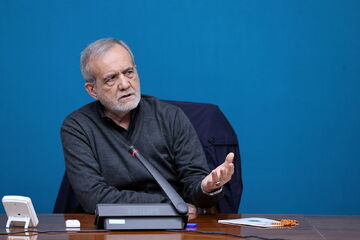


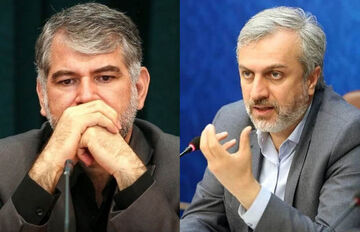

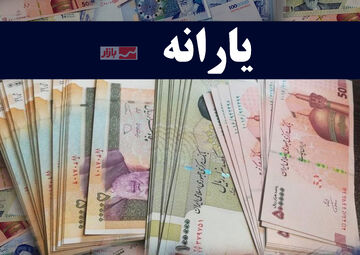

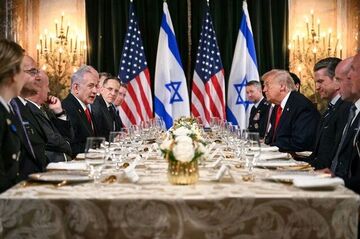
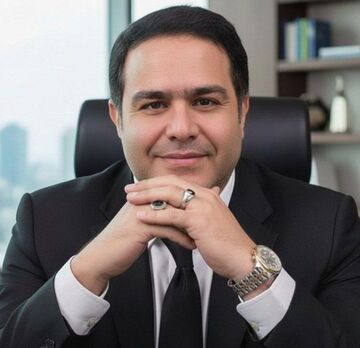
نظر شما